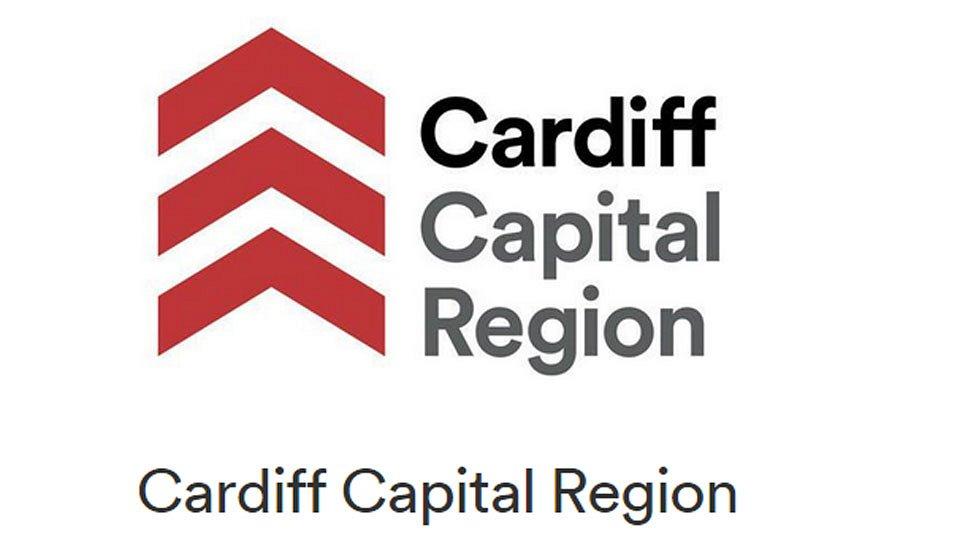City deal 'must make south Wales better connected'
- Published
Cardiff council leader Phil Bale denied any doubts about the project within his Labour group
Better transport links and more collaborative working between councils is needed if the Cardiff city region is to prosper from a deal to invest £1.2bn of public money, a report has found.
The Growth and Competiveness Commission, external said rail improvements such as creating the South Wales Metro were vital.
Closer working between local councils and building more affordable homes are also key priorities.
Boosting people's skills for the jobs to be created was also recommended.
The Cardiff city region deal involves 10 local councils in south east Wales aiming to create 25,000 new jobs and an extra £4bn in private sector investment.
That includes a £734m investment in the new Metro, which will see Valleys electrification, longer trains, faster buses and some light rail services.
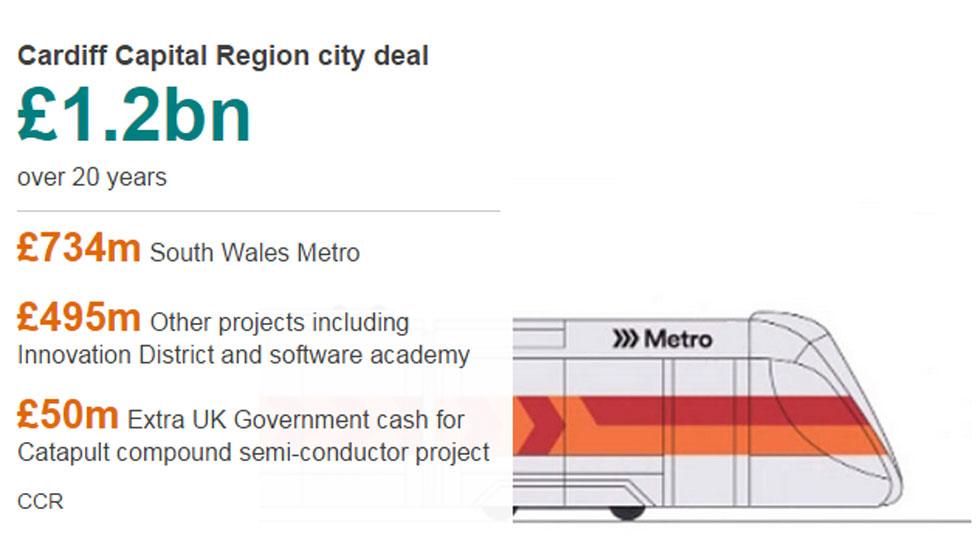
The report published on Friday calls for action on a range of priorities to ensure growth and prosperity across the whole of south east Wales, including:
Education to ensure school-leavers have the skills firms need
Create jobs across a range of skills and pay rates
Better connections through transport, energy and broadband
Multiple locations of growth - not just the cities
Smarter city and town centres
Support new firms and emerging sectors
Joint decision making by councils
Forge links with other UK regions to boost opportunities

Analysis by Sarah Dickins, BBC Wales economic correspondent
The commission has highlighted the factors it says is holding the region back.
An ageing population, not enough of the right skills for future employment, and also lack of connectivity - both digitally and in transport.
The next two months are crucial. Ten councils need to come together with a united voice.
The message from the report is that they need to take the lead, and take the Welsh Government and private sector with them.
They also need to get on with it.

Prof Greg Clark, who has been an advisor to a number of cities including, Auckland, San Diego, London, Glasgow and Belfast, led a review into how the city deal could work.
"The Cardiff Capital Region can be more prosperous, more inclusive and more sustainable," he said, delivering the commission's report on Friday.
"We do not see inevitable or unresolvable tensions between the priorities we have identified.
"But the commissioners recognise that they can only be achieved if the region becomes much better connected and inter-dependent, and if investment in connectivity is used to drive changes in transport modes, new land uses, the fostering of a multi-centred economy, and improved liveability for people at all levels of income."
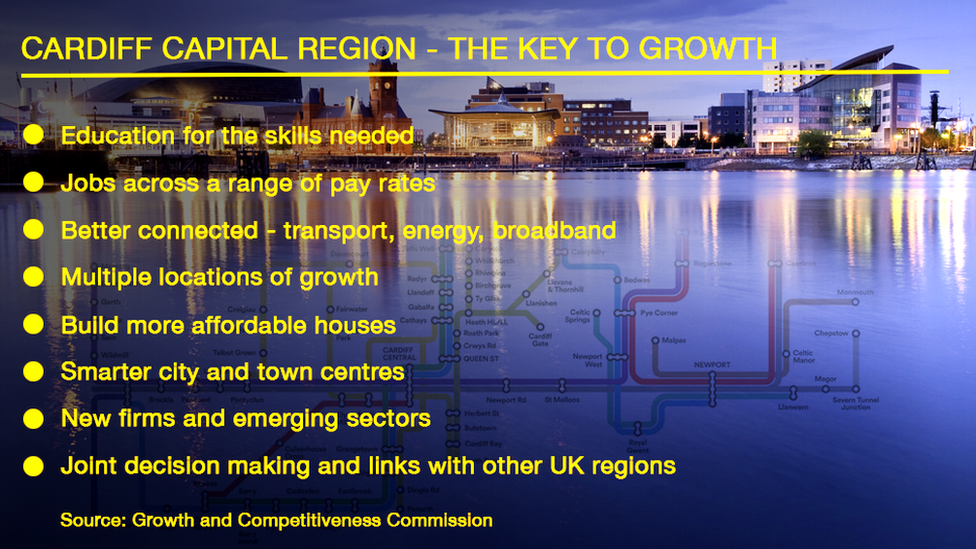
Prof Kevin Morgan of Cardiff University - in a foreword to the report - reminded people of their "shared destiny", pointing out Cardiff would never have become "the coal metropolis" of the early 20th Century without the "dramatic growth" of the south Wales coalfields.
The report warned the £1.2bn of public money being committed should be seen as "the foundation to increase joint working and co-investment".
"The City Deal represents a significant investment into the Cardiff Capital Region, but it cannot finance everything that is required, particularly given that much of the funding is already committed," it said.
Lack of a clear identity was another issue - the commissioners found only one in three people surveyed thought they knew what the Cardiff Capital Region was, and the report recommended a "single point of leadership".
Sophie Howe: More to prosperity than a single measure of economic growth
Helen Molyneux, who sits on the commission, said it was vital the city region deal cash was spent "as wisely as possible".
"The key findings are that the local authorities work together developing a long-term strategy - not quick fixes," she told BBC Radio Wales' Good Morning Wales.
"Skills is a massive issue. Productivity in the region is quite low compared to the national average and it's vital that we improve people's skills, because that is the way you improve productivity."
However, Future Generations Commissioner Sophie Howe said there was more to prosperity than simply measuring economic growth.
She spoke of the need for an "innovative, productive, low carbon society" with a "well-educated and skilled population with access to decent jobs".
The report comes as concerns were raised over whether Cardiff councillors would back the deal before May's local elections.
Council leader Phil Bale told BBC Wales on Friday he was "not aware" of any lack of support for the project, and that the ten councils were all "working together" to deliver "fantastic opportunities" for south Wales.
- Published15 December 2016
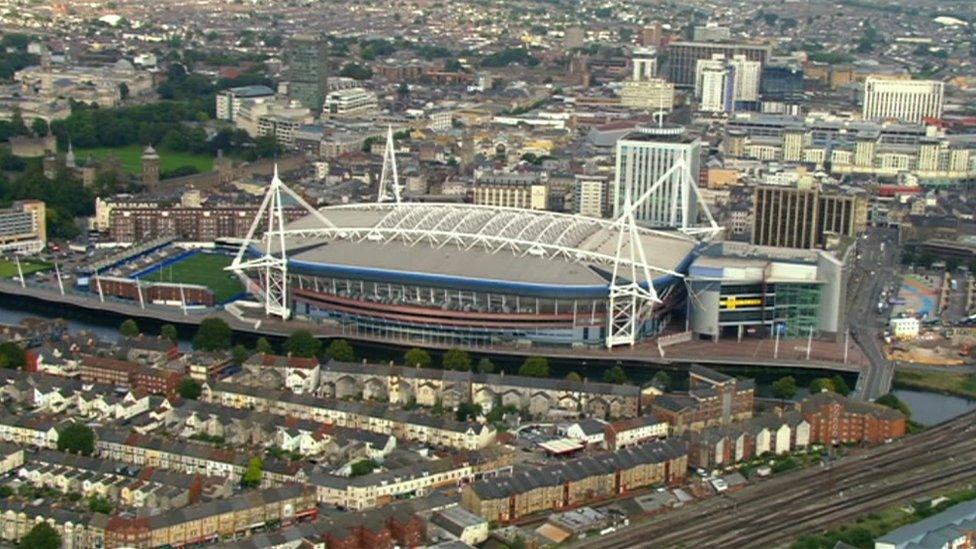
- Published11 December 2016

- Published28 June 2016

- Published15 March 2016
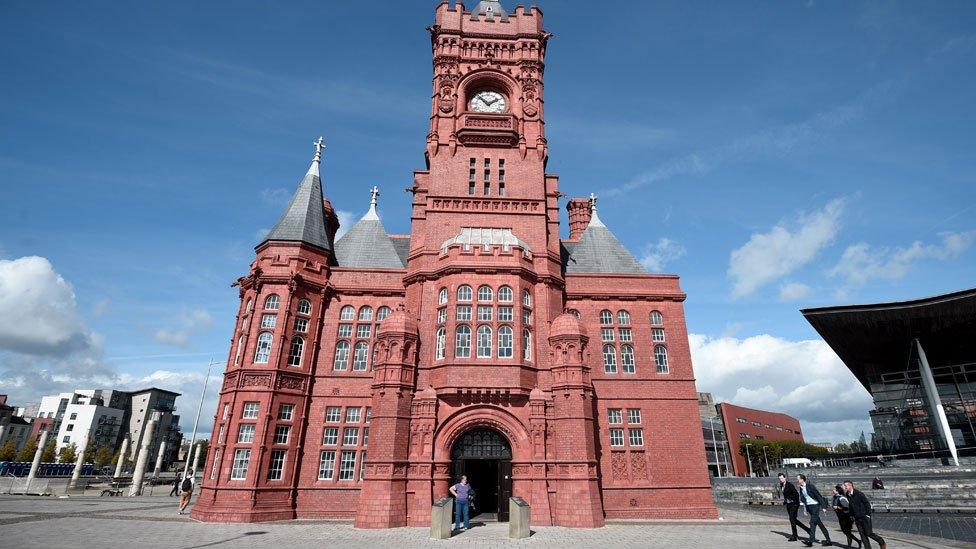
- Published15 March 2016
